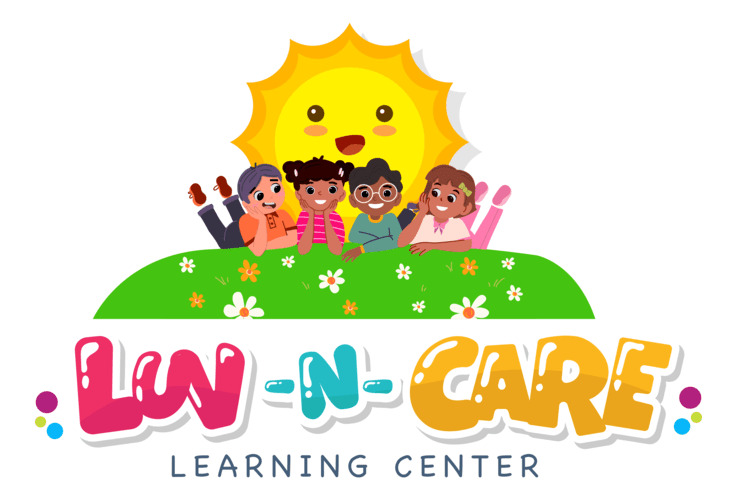Oops! That page canu2019t be found.
It looks like nothing was found at this location. Maybe try one of the links below or a search?
Back to HomeLuv-N-Care Learning Center offers a safe, nurturing environment where children’s dreams are fostered through experienced, loving care and engaging educational experiences.

It looks like nothing was found at this location. Maybe try one of the links below or a search?
Back to Homedaycare curriculum ideas, daycare objectives, identifying criteria for selecting and evaluating childcare services
The first step in selecting the ideal daycare for your child is to understand their unique needs and developmental stage. Consider factors such as age, temperament, and any special requirements your child may have. This knowledge will help you identify a daycare that can provide the appropriate care, activities, and environment to support your child's growth and well-being. Luv-N-Care Learning Center
Every child is different, and their needs may evolve as they grow. Evaluating your child's needs, such as their preferred learning styles, interests, and any special needs, will ensure you choose a daycare that can cater to their individual requirements. This tailored approach will foster your child's optimal development and provide a nurturing environment. Luv-N-Care Learning Center
The quality of a daycare's staff is a crucial factor in ensuring your child's safety, development, and overall experience. Look for a daycare that employs qualified, experienced, and caring professionals who are trained in early childhood education and development. This will provide your child with the guidance, attention, and support they need to thrive. Luv-N-Care Learning Center
Assess the staff's credentials, such as their educational background, specialized training, and years of experience in the field. Additionally, consider the staff-to-child ratio and the daycare's policies on staff turnover and professional development. A well-qualified and stable staff will create a consistently positive environment for your child. Luv-N-Care Learning Center
When selecting a daycare, prioritizing the safety and security of your child is paramount. Investigate the daycare's policies and procedures for maintaining a safe and secure environment, such as background checks for staff, emergency protocols, and adherence to local safety regulations. This will give you peace of mind knowing your child is in a protected and nurturing setting. Luv-N-Care Learning Center
Additionally, consider the physical layout and facilities of the daycare, including the indoor and outdoor play areas, proper safety equipment, and overall cleanliness. A well-maintained and safe environment will not only protect your child but also foster their development and exploration. Luv-N-Care Learning Center
Choosing a daycare that aligns with your family's values and philosophies is crucial for your child's well-being and the overall satisfaction of your family. Carefully review the daycare's approach to education, discipline, and cultural diversity to ensure it matches your parenting style and the values you wish to instill in your child. This alignment will create a cohesive and supportive environment for your child's growth. Luv-N-Care Learning Center
Furthermore, consider the daycare's communication and partnership with parents, as this will foster a collaborative relationship and facilitate your involvement in your child's development. A daycare that values open communication and parental engagement will create a nurturing environment that complements your family's needs. Luv-N-Care Learning Center
